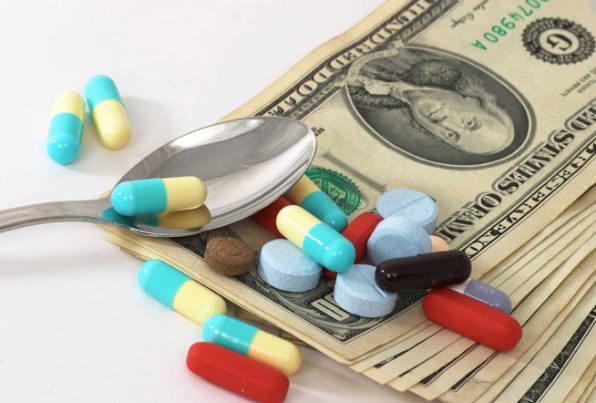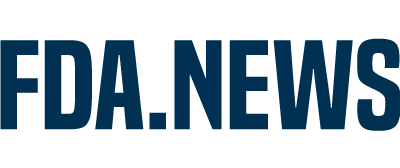
More proof Big Pharma is all about Big Profit: Doctors experiencing a shortage of antibiotics because they’ve become less profitable to produce
Thursday, December 14, 2017 by Tracey Watson
http://www.fda.news/2017-12-14-more-proof-big-pharma-is-about-big-profit-antibiotics-shortage-doctors.html

It’s no secret that the world is facing an antibiotic apocalypse in which simple cuts and bacterial infections could once again be deadly. Misuse and overuse of antibiotics have created what are known as superbugs – bacteria that have evolved in such a way that they can no longer be killed by any known antibiotic.
While experts have been placing a lot of emphasis on trying to prevent this impending disaster, there is another, equally deadly antibiotic problem that very few of us are aware of: Older antibiotics that are vitally important in the treatment of common bacterial infections are no longer available because pharmaceutical companies are choosing not to produce them because they can’t make enough money off them.
The most alarming aspect of this problem is that the formulations that are the most difficult to access are those needed in the treatment of infants and young children.
Researchers from St. George’s, University of London, report that doctors are being forced to use broad spectrum antibiotics rather than the narrow spectrum, disease-specific antibiotics that should be prescribed.
These broader spectrum antibiotics often have far worse side effects, and have been linked to the growth of drug-resistant bacteria, fueling the superbug problem.
The university reported:
The authors found that absence of marketing of older antibiotics is primarily caused by the high costs involved in registering medicines in multiple countries. This is combined with the relatively small market for these antibiotics, which are sold as low-cost generics and for short courses of treatment.
Back in 2011, a study by the ESCMID Study Group for Antimicrobial stewardshiP (ESGAP) found that 22 of the 33 older, but still necessary, antibiotics were marketed in less than 20 of the 38 countries in Europe, Canada, Australia and the United States. A follow-up study in 2015, found the situation to be even worse. In both studies, the researchers found that “economic motives were the major reason for not marketing these antibiotics.”
The journal Clinical Microbiology and Infection reported that there have also been prolonged and repeated shortages of multiple different antibiotics worldwide, with 148 antibiotics being in short supply in the United States at various times between 2001 and 2013. While there is little evidence of the situation in poorer countries, experts believe that it is probably even worse.
Of course, it should come as no surprise that the pharmaceutical giants would be willing to leave babies and young children without medication because they’re watching their bottom line. After all, Big Pharma has a history of putting profits above people.
Back in 2015, a company called Turing Pharmaceuticals made global headlines when it pushed the price of a life-saving drug used to treat parasitic infections like malaria up from $13.50 to $750 – per pill!
The New York Times reported:
Specialists in infectious disease are protesting a gigantic overnight increase in the price of a 62-year-old drug that is the standard of care for treating a life-threatening parasitic infection.
The drug, called Daraprim, was acquired in August by Turing Pharmaceuticals, a start-up run by a former hedge fund manager. Turing immediately raised the price to $750 a tablet from $13.50, bringing the annual cost of treatment for some patients to hundreds of thousands of dollars.
Then, in 2016, another pharma giant, Mylan Pharmaceuticals, came under fire when it pushed the price of a standard two-pack of EpiPen – the autoinjector that highly allergic people use when they have an anaphylactic reaction to peanuts, shellfish, etc. – up from its 2007 price of $55, to over $600.
Clearly, Big Pharma has its eye firmly on the financial bottom line and will put profits above people every time, which is all the more reason why it is important that we take ownership of our health and do all we can to avoid getting sick in the first place.
Sources include:
Tagged Under: Tags: antibiotic shortages, Antibiotics, Big Pharma, drug cartels, drug industry, drug prices, greed, monopoly, narrow spectrum antibiotics, pharma cartel, pharma giants





